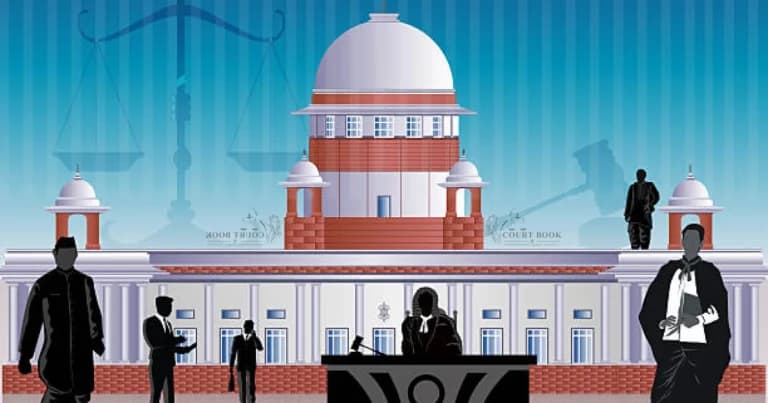The Punjab & Haryana High Court has upheld the acquittal in a drug-related case, emphasizing that police officers must document secret information in writing within 72 hours as per Section 41(2) and Section 42 of the NDPS Act. The court observed that in this case, the information received was not reduced to writing, leading to procedural lapses.
Justice Gurvinder Singh Gill and Justice Jasjit Singh Bedi clarified:
"Where secret information is received under Section 42 of the NDPS Act, the search of a private vehicle, even in a public place or transit, requires compliance with Sections 41(1) and 42(2). The information must be documented and conveyed to the immediate superior officer within 72 hours."
Justice Bedi, speaking for the bench, further elaborated:
"If the search is conducted on a public conveyance in a public place or transit, such compliance is not mandatory. Whether a vehicle is a private or public conveyance is a matter of fact in each case."
The court was hearing an appeal by the Punjab Government challenging an acquittal. As per the FIR, a truck carrying 30 bags of poppy husk was intercepted. Each bag was sampled, and the total quantity was found to be 34.75 kg. However, the Special Court acquitted three accused in 2003, ruling that the secret information was neither documented nor forwarded to a superior officer, violating Section 42 of the NDPS Act.
The prosecution argued that Sections 41 and 42 were not properly considered. Since DSP Balbir Singh, a gazetted officer, was present at the scene where the Naka was set up and the information was received, the compliance with Section 42(2) was not required. The secret information, even if reduced to writing, was not mandatory to be sent to a superior officer per Section 41(2).
After reviewing Supreme Court and High Court precedents, the bench ruled that an officer, unless gazetted, must document and communicate the information to a superior officer. The court explained:
"If an officer who is not gazetted receives information, he is required to write it down and communicate it within 72 hours before conducting a search."
The court further distinguished between Sections 42 and 43 of the NDPS Act:
"Under Section 43, when the search occurs in a public place or transit, compliance with Section 42—recording and sending secret information—is not required. Public place includes public conveyances. Thus, Sections 42 and 43 operate in different spheres."
The High Court examined whether Section 42 or Section 43 applies when searching a private vehicle in a public place. It observed:
"When a private vehicle is parked inside private premises, Section 42 applies. Since the public does not have access, it provides additional legal protection. There was no need for the legislature to separately define ‘conveyance’ in this regard."
The court reiterated that Section 43 deals with public conveyances and public spaces. If Section 43 were applicable to both public and private vehicles, the legislature would have used ‘conveyance’ instead of ‘public conveyance’ in the provision.
Summarizing the case, the bench stated:
"When secret information is received under Section 42, searching a private vehicle in a public place or transit mandates compliance with Sections 41(1) and 42(2). The information must be documented and forwarded to a superior officer within 72 hours."
Since this crucial step was not followed in the present case, the court dismissed the State’s appeal and upheld the acquittal.
This ruling reaffirms procedural safeguards under the NDPS Act, ensuring accountability in search and seizure operations involving private vehicles.
Mr. Siddharth Attri, AAG, Punjab for the appellant.
Mr. Harsh Kinra, Advocate with Ms. Apoorva Kinra, Advocate for respondent Nos.1 and 2.
Mr. Keshav Pratap Singh, Advocate for respondent No.3-Macky.
Title: STATE OF PUNJAB v. DHARMINDER SINGH ETC.















